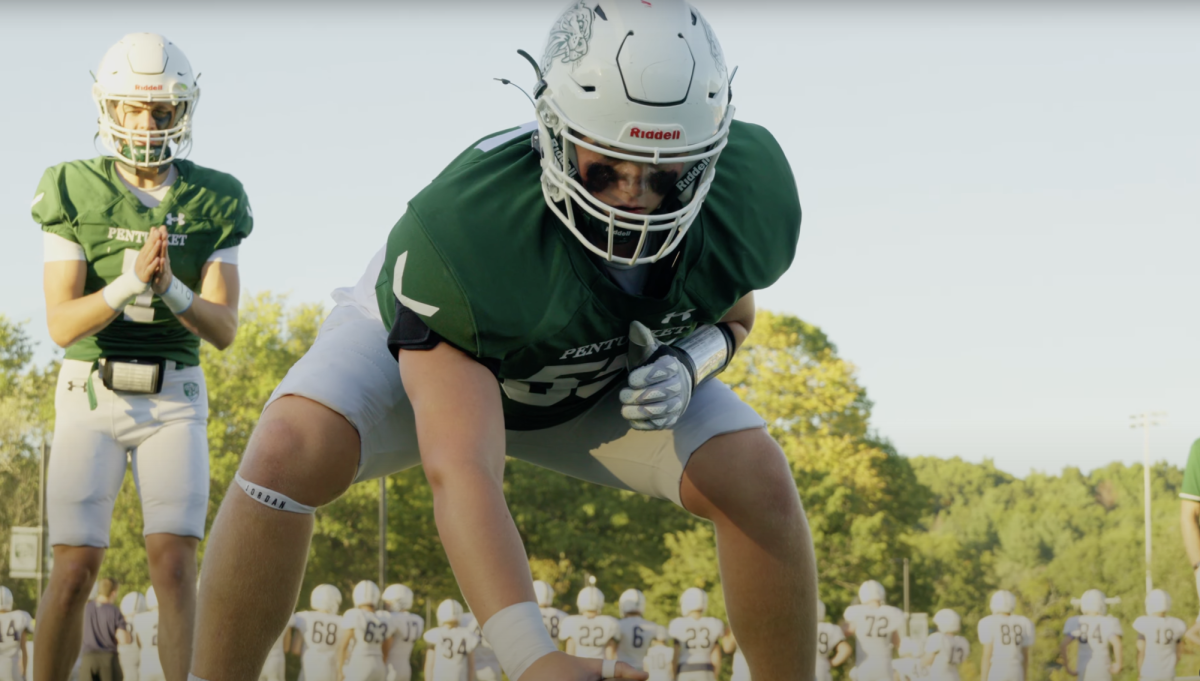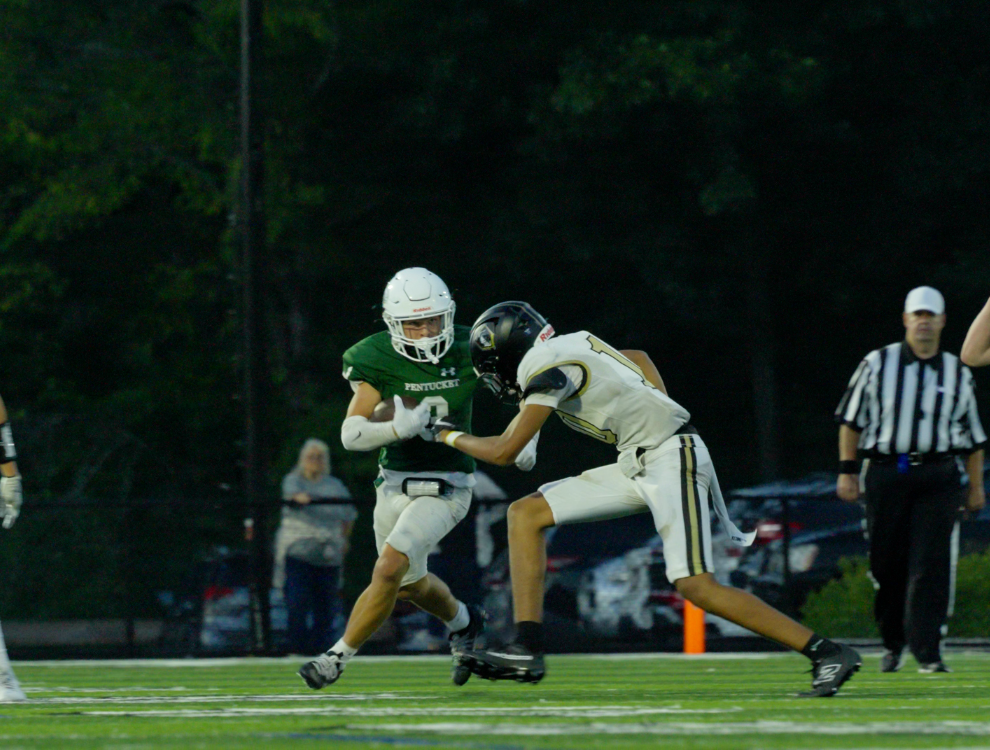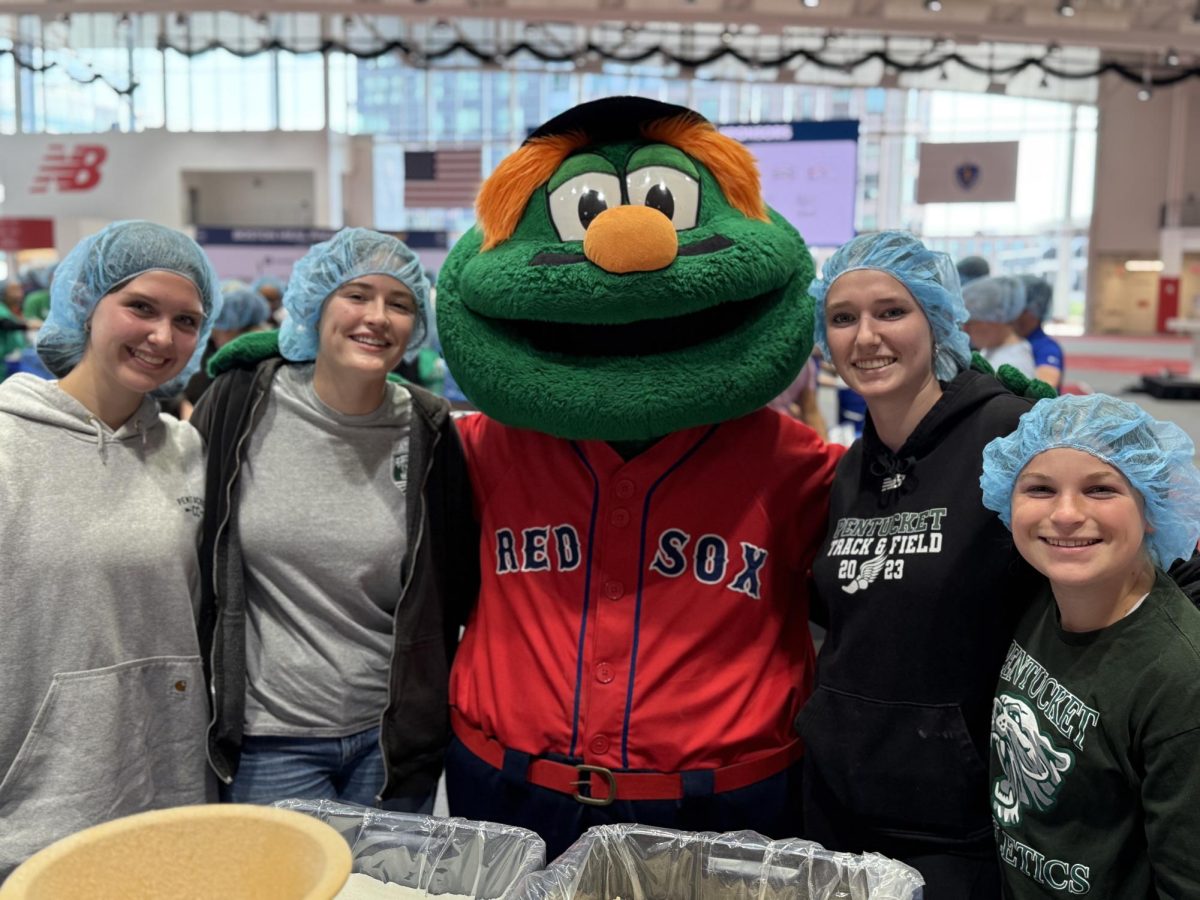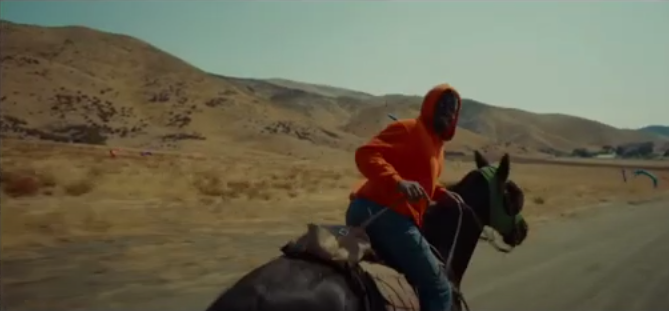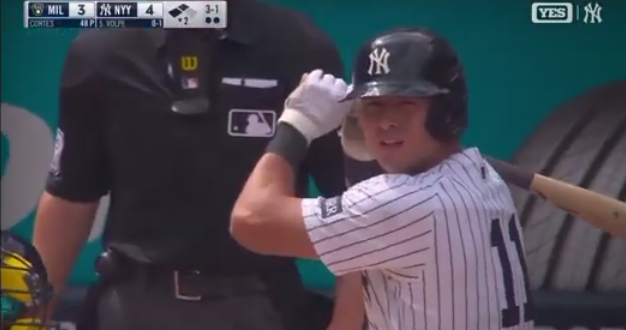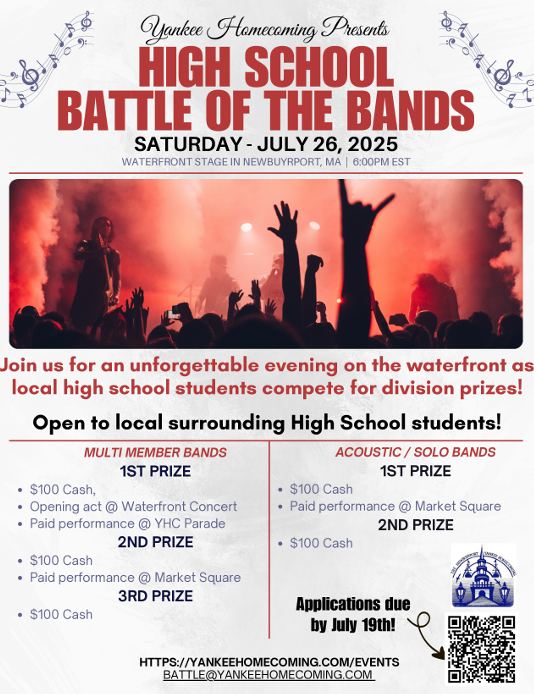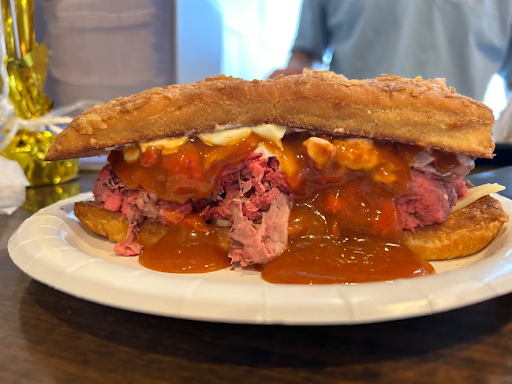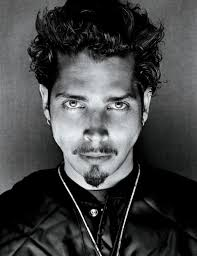For decades, the genre and artistry of the alternative style have existed. Rock, emo, metal/heavy metal, gothic, punk, etc., are all well-known examples of the classic alternative subgenres. By millions of listeners, these genres are favored and kept close to heart.
What draws most to alternative music is its isolation from other genres. It dabbles in more grungier instruments and more scream-o vocals in order to differentiate itself from mainstream artists and songs, which tend to take more calming or “basic” routes. Those who enjoy alternative music tend to favor this idea as it connects them to something unique and personal.
However, by utilizing darker and personal topics, alternative music creators and bands have slowly become less applauded and more distanced by the majority of music-enjoyers.
Most popular alternative bands hone in on the deeper struggles in life, making their music more capable to be connective and relatable to its audience. Topics such as deviation from society, rebellion, depression, and/or anger are common in the alternative music industry.
Through these topics, numerous responses have spread across the music industry.
Some, more often the alternative-listening community, view the use of depressive language as an eye-opener to the real human struggle. By emphasizing issues that are harder to grasp for some groups of people in song messages, others, who have experienced something similar and can relate to the message, are able to find comfort where they may not have been able to before.
Others, though, find the language and usage of the depressive tone towards life worry that it may harm the minds of those who listen to the music. Because alt music is made for everyone, this worry includes younger audiences, who are a bit easier to influence.
Those who oppose the genre tend to focus their attention on the issues of suicide, self-injury, and depressive language that they recognize in common themes of alternative music. Listeners outside of the alternative genre find themselves questioning the actual positivity it can attract. Or, moreover, the harm it causes.
Through the rise of alternative artists, rates of occasions where fans have committed an action of self injury has significantly increased. Hardcore fans of emo music, for example, have been marked by the trend of self-harm, and have been told to do so in order to truly fit the emo genre stereotypes.
Other occasions deal with more vital cases. In the year of 2008, 13-year-old Hannah Bond committed suicide shortly after following the hit emo band My Chemical Romance on a social media platform. Soon after her tragedy, Bond’s parents appointed all reason to the subliminal messages bands like My Chemical Romance hold for suicide in their songs, claiming that their daughter never held such tendencies until she got into the alternative genre and style of music.
Similarly, a 28-year-old and 16 16-year-old both succumbed to their self-inflicted gunshot wounds shortly after the death of Kurt Cobain. Family members and close friends of the victims remark on their suicides as a testament to their favorite alternative band artist.
In the extent of these tragedies, the backlash of the alternative community has been intense. News outlets, such as the Daily Mail UK, regard some alternative subgenres as a “cult”, while others worldwide show just how harmful the lyrics and messages can be to some audiences who are more susceptible to being influenced.
Cynthia Aldrich, a mother to three daughters, expresses her take on the issue. “I feel like any use of language like that can be harmful. People listen to music all the time. It’s possible that the lyrics or message behind some songs might accidentally stick in your head.”
Others worldwide, however, completely attest this idea, including the alternative artists themselves.
Bryce Couture, a sophomore at Pentucket Regional High School, views the situation as so: “Fans can take things the wrong way when they are overly obsessed with something. What they do with their actions in response to their interest should only be held accountable to themselves, not to the interest they enjoy.”
She questions that perhaps issuing someone’s actions onto another is the wrong approach to incidents such as the previously mentioned.
In response to Hannah Bond’s tragic death, My Chemical Romance stated that they feel sympathy for the incident but do not take responsibility for her tragic death.
“My Chemical Romance are and always have been vocally anti-violence and anti-suicide,” Lead singer Gerard Way states.
“Our lyrics are about finding the strength to keep living through pain and hard times.” He finalizes.
Like many alternative artists, alternative listeners do not always condone suicide and self-injury as they are so often portrayed to. Generally, amongst the community, this knowledge has been well aware and accounted for. Alternative listeners feel that the lyricism and overall message that alternative music carries is something they can relate to and feel understood by, not feel ushered to take action on.
Astrid Laidlaw, a sophomore at Pentucket Regional High School and an avid fan of alternative music, agrees. “I think alternative music speaks to me because of the amount of raw emotions that creators put into their music,” she expresses.
“In more than just lyrics, I feel like alternative artists are able to capture feelings in the instruments and music videos on top of poetic lyricism. They also have edgier concepts that more popular artists don’t tend to explore.” Laidlaw explains that alternative artists give each other depth of understanding through their edgier themes that more mainstream artists seem to lack.
Additionally, Mr. Siegfried, a history teacher at Pentucket Regional High School and enjoyer of all music genres, finds alternative music to be a good emotional outlet for everyone. He supports his claim through the band My Chemical Romance’s most popular song, Welcome to the Black Parade.
“My Chemical Romance’s Welcome to the Black Parade is a song a lot of people can relate to,” he says.
Quite audibly, it is apparent that most value held with alternative music and its listeners is the message being conveyed rather than the actions being told through story-language and lyricism. To alternative artists, there is no glorification or romanticization of suicide or mental illness in their production of music. They look upon only the deeper meaning and a sense of understanding to be abundant in their productions.
Though some remain believing that through subliminal messages and consistent use of harmful language, people can be subconsciously influenced to think or perceive things with a more depressive outlook, hence causing more harm than good.
Society seems to take an unsolvable standpoint toward the impact of alternative music on its audience. The line seems to be drawn as to whether or not people should be held accountable for their own actions, or if those who they might be influenced by should take responsibility instead.


